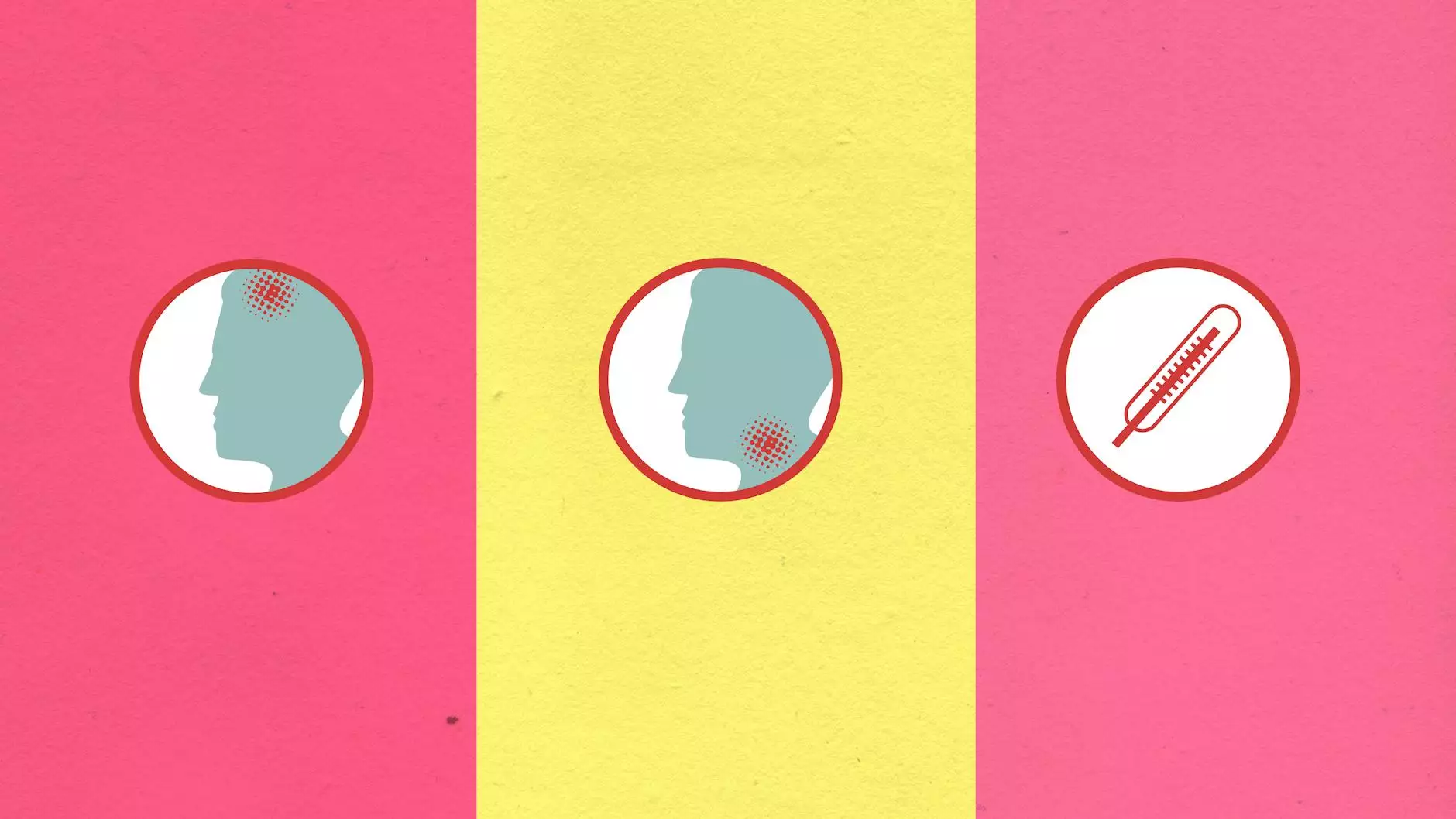Physical Therapy After Spinal Cord Injury (SCI)

Introduction
At Foley James D MD, we understand the challenges and complexities associated with spinal cord injury (SCI) and the crucial role that physical therapy plays in the recovery process. Our team of dedicated healthcare professionals is committed to providing the highest quality care and support to individuals who have experienced SCI.
The Importance of Physical Therapy
Following a spinal cord injury, physical therapy plays a critical role in promoting recovery, restoring function, and improving quality of life. The primary goal of physical therapy is to help individuals regain movement, strength, and independence.
Benefits of Physical Therapy
Physical therapy offers numerous benefits to individuals with SCI, including:
- Improved mobility
- Enhanced muscle strength
- Better balance and coordination
- Pain management
- Increased endurance
- Reduced risk of secondary complications
Physical Therapy Techniques
Physical therapists utilize a variety of techniques and interventions to assist individuals in their recovery journey. These techniques may include:
1. Therapeutic Exercises
Therapeutic exercises are designed to strengthen muscles, improve range of motion, and increase overall flexibility. These exercises may include stretching, resistance training, and functional movements tailored to the specific needs of the individual.
2. Modalities
Modalities such as electrical stimulation, heat therapy, and cold therapy are often used in conjunction with other treatments to reduce pain, promote healing, and improve circulation.
3. Assistive Devices
Physical therapists may recommend the use of assistive devices such as wheelchairs, walkers, or braces to facilitate mobility and enhance independence.
4. Aquatic Therapy
Aquatic therapy involves exercises and movements performed in a pool under the guidance of a physical therapist. The buoyancy of water helps reduce the impact on joints and allows for increased range of motion.
Working with a Physical Therapist
When working with a physical therapist after an SCI, it is essential to establish open communication and collaborate on goals and treatment plans. Your physical therapist will assess your condition, develop a personalized treatment plan, and monitor your progress regularly.
Setting Realistic Goals
Setting realistic and achievable goals is an important aspect of the rehabilitation process. Your physical therapist will work with you to establish goals that align with your specific needs and abilities.
Consistency and Persistence
Physical therapy requires consistency and persistence. It is crucial to attend scheduled therapy sessions, follow home exercises, and actively participate in the rehabilitation process to achieve optimal outcomes.
Emotional Support
Dealing with an SCI can be emotionally challenging. Physical therapists not only provide physical guidance but also offer emotional support and motivation throughout the recovery journey.
Conclusion
Physical therapy is an integral component of the recovery process for individuals with spinal cord injuries. At Foley James D MD, we are dedicated to providing comprehensive care and support to enhance mobility, improve function, and maximize independence. Contact us today to learn more about our physical therapy services for spinal cord injury patients.









